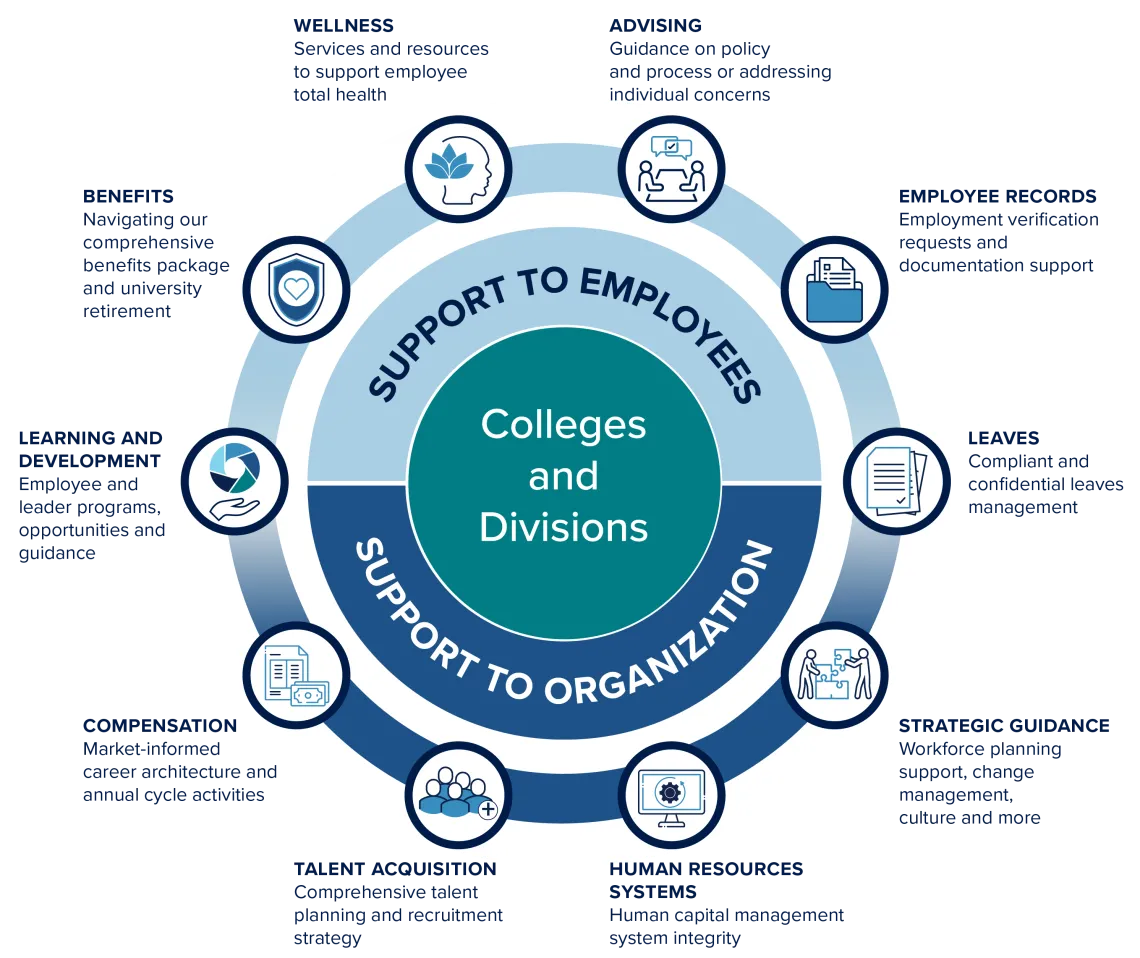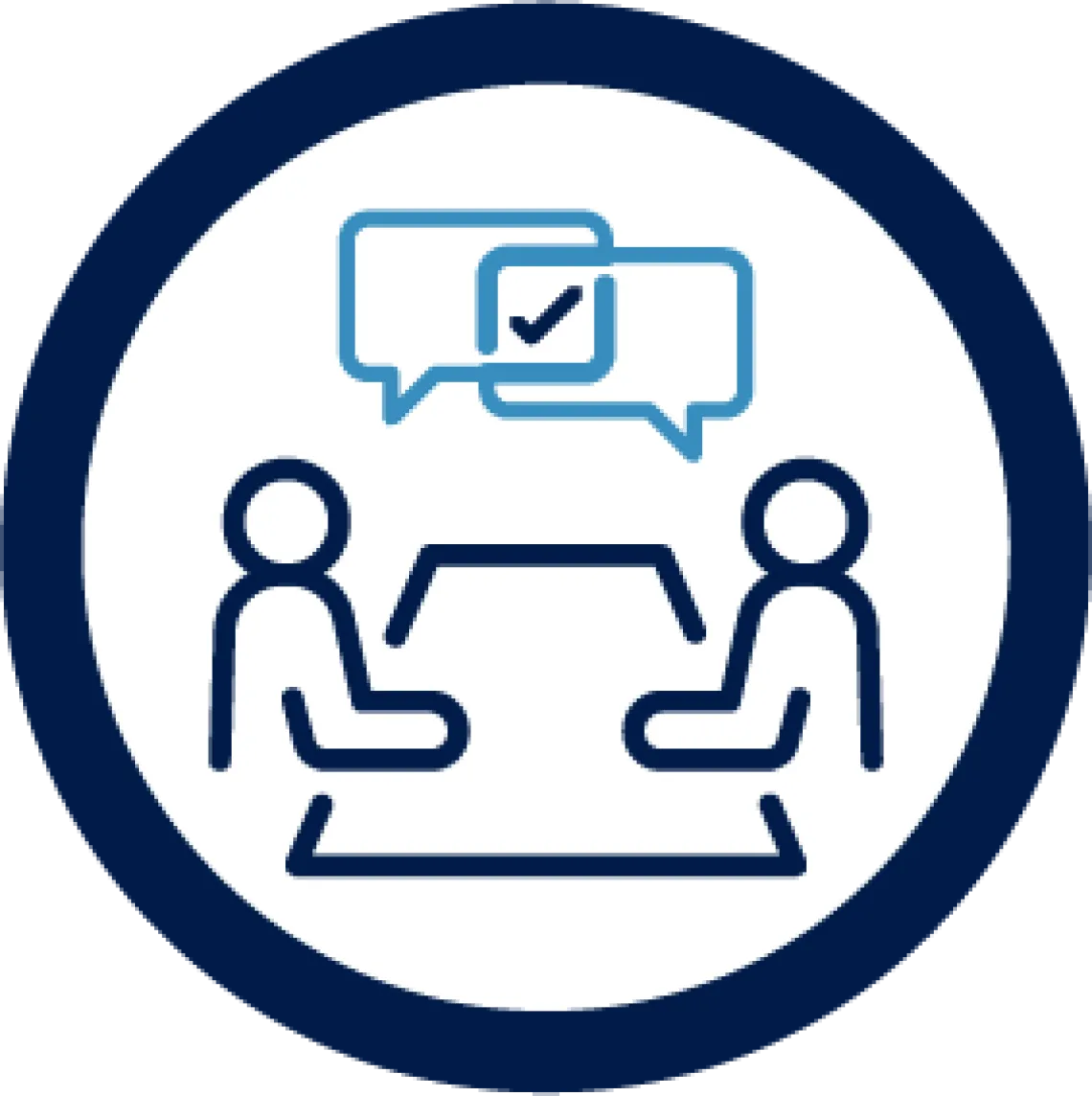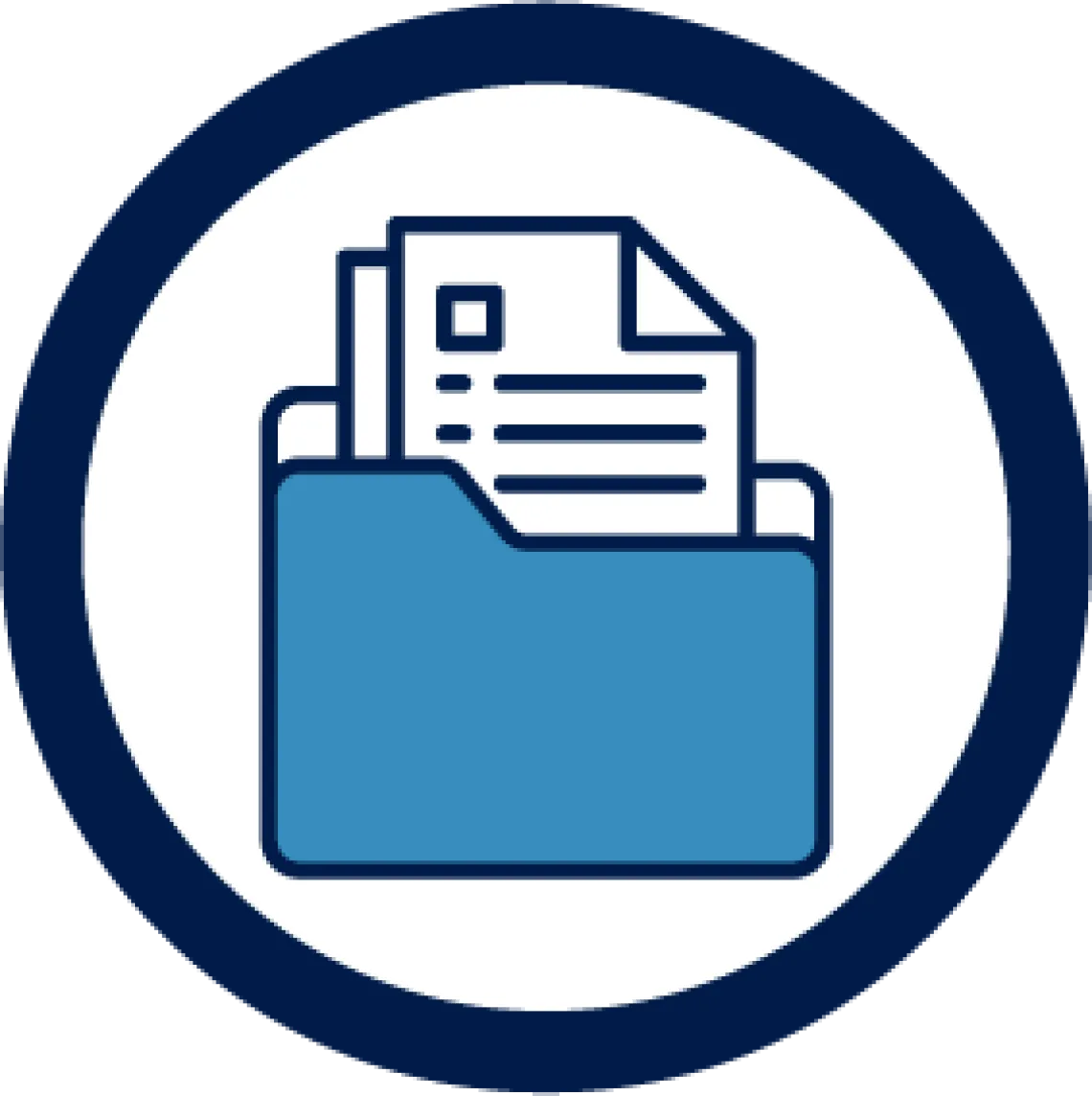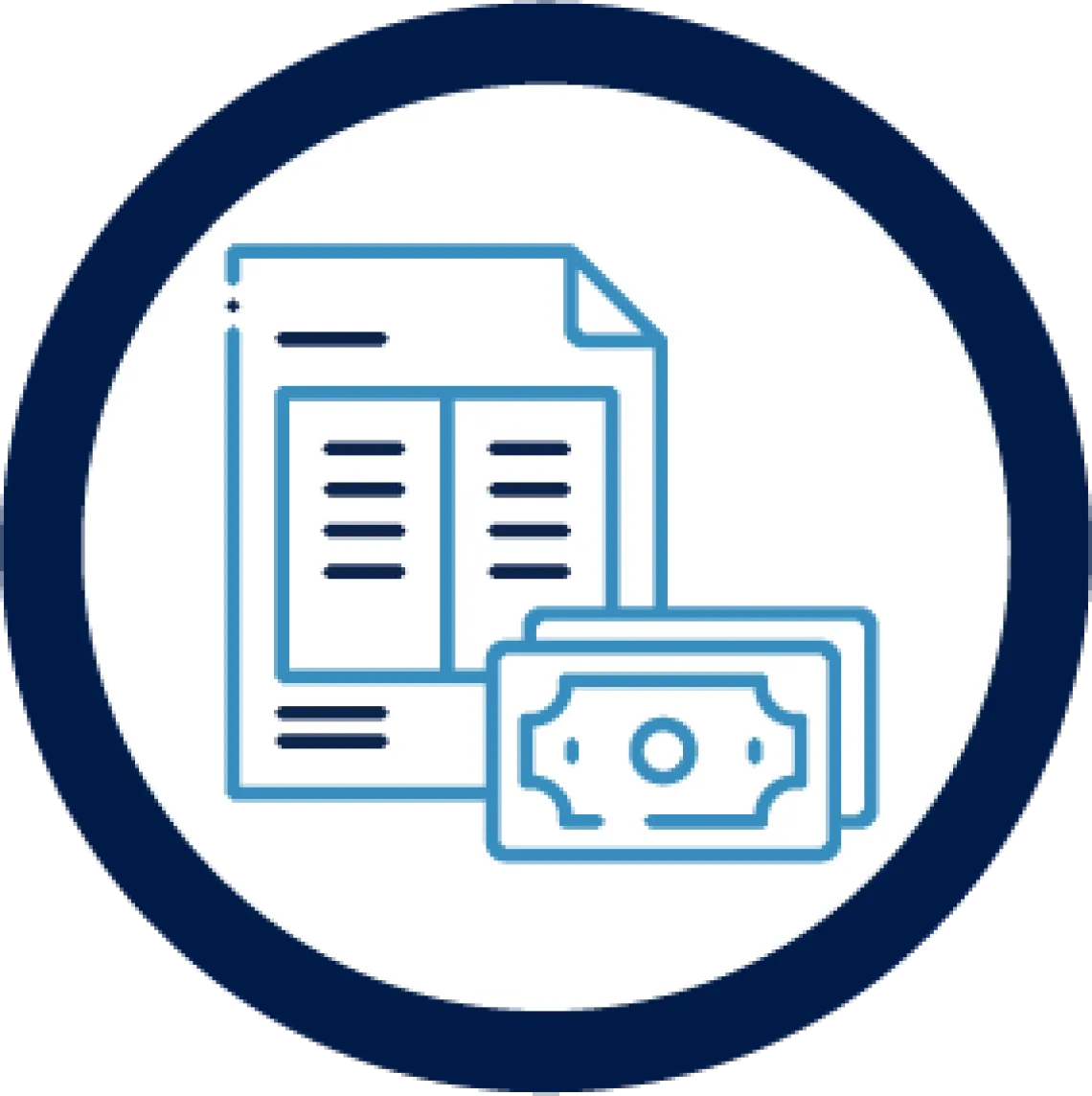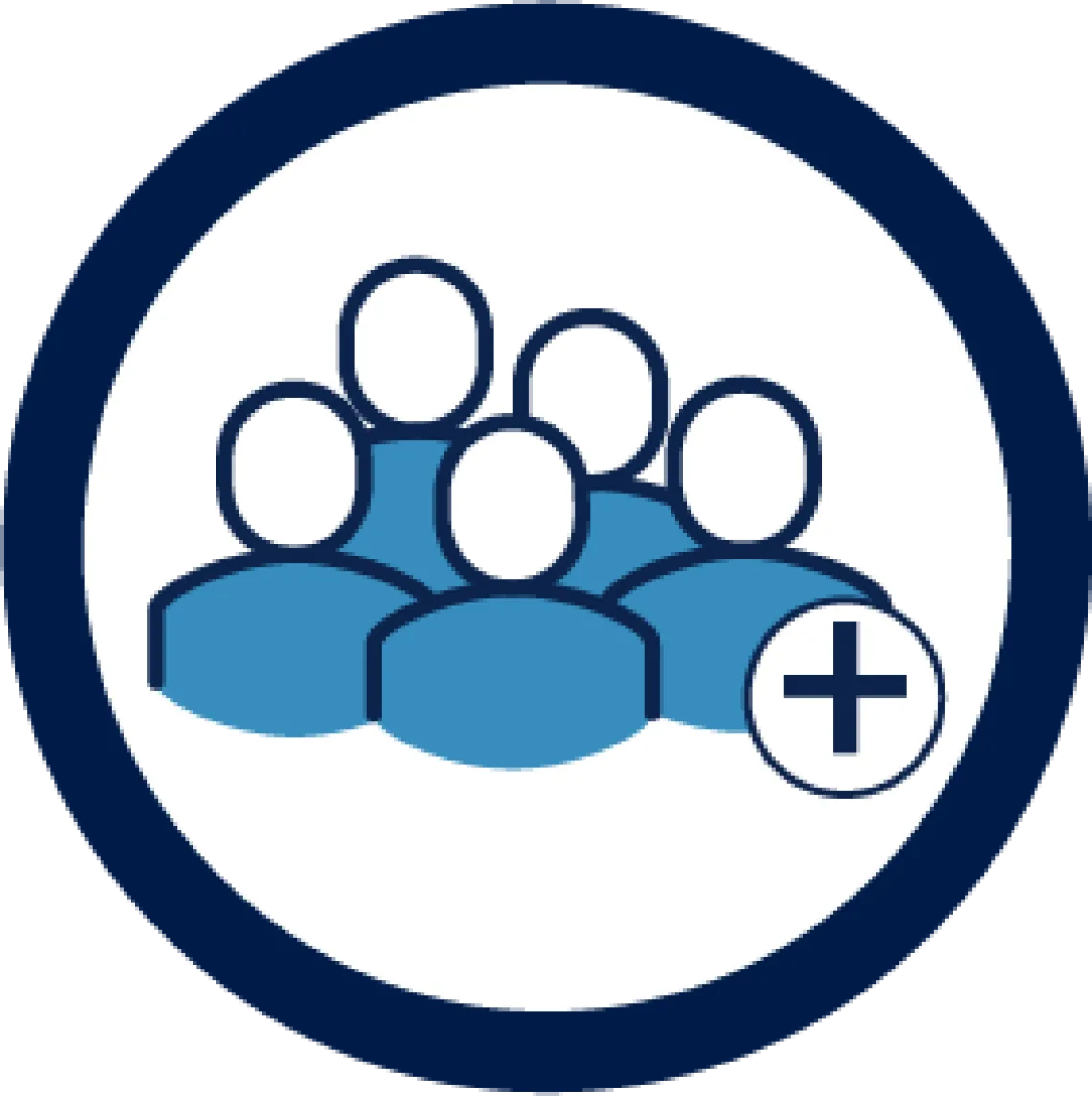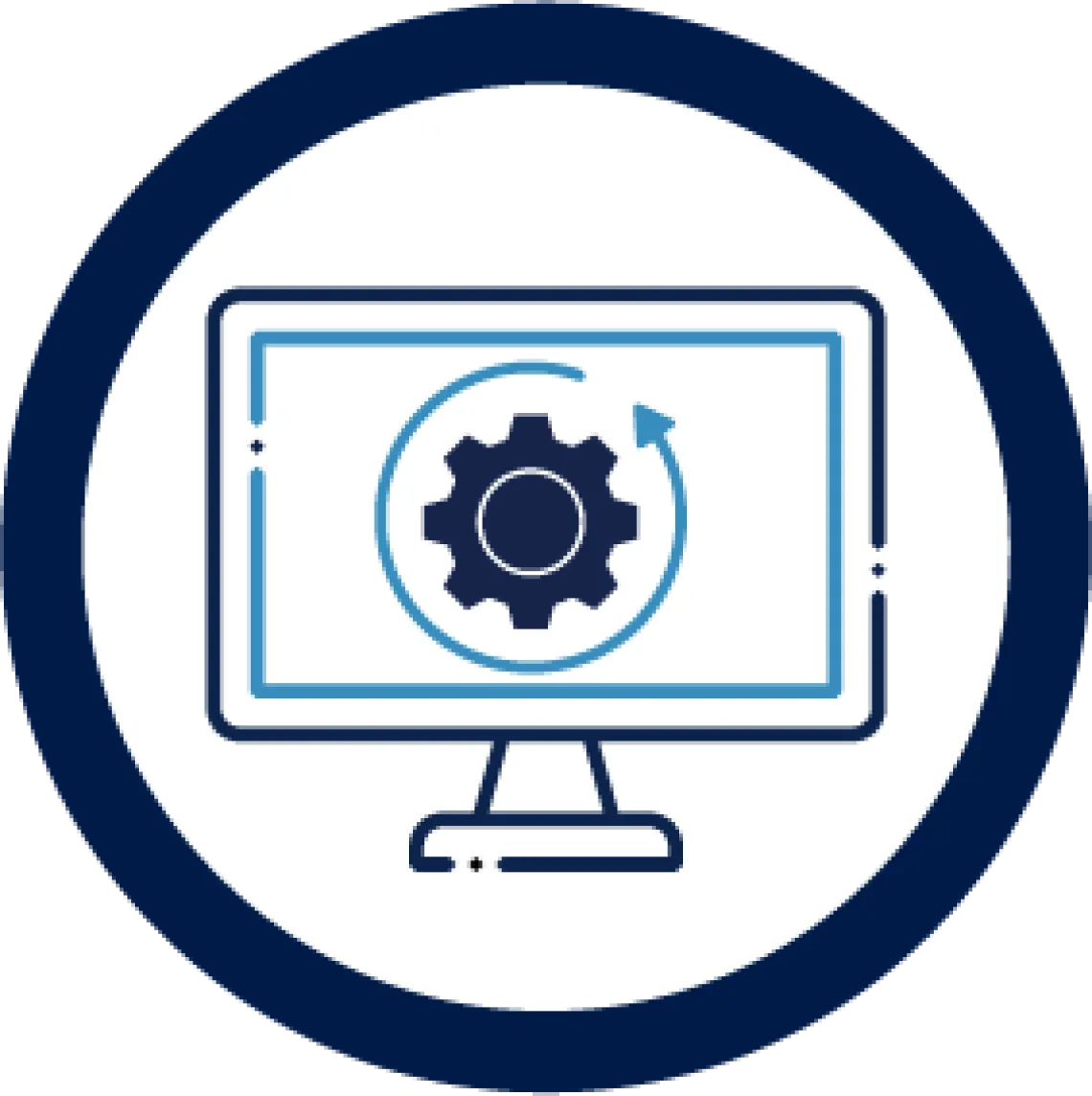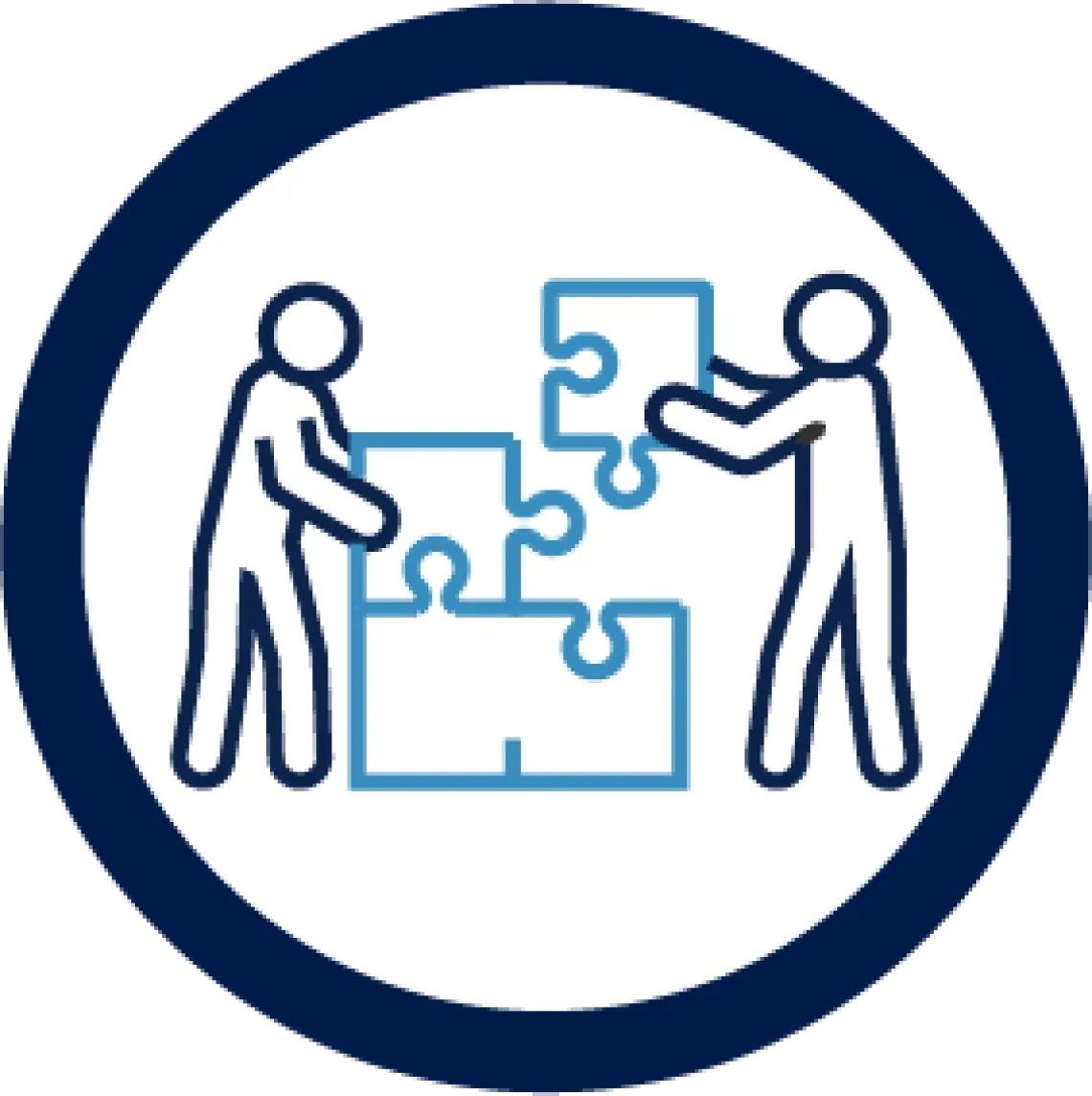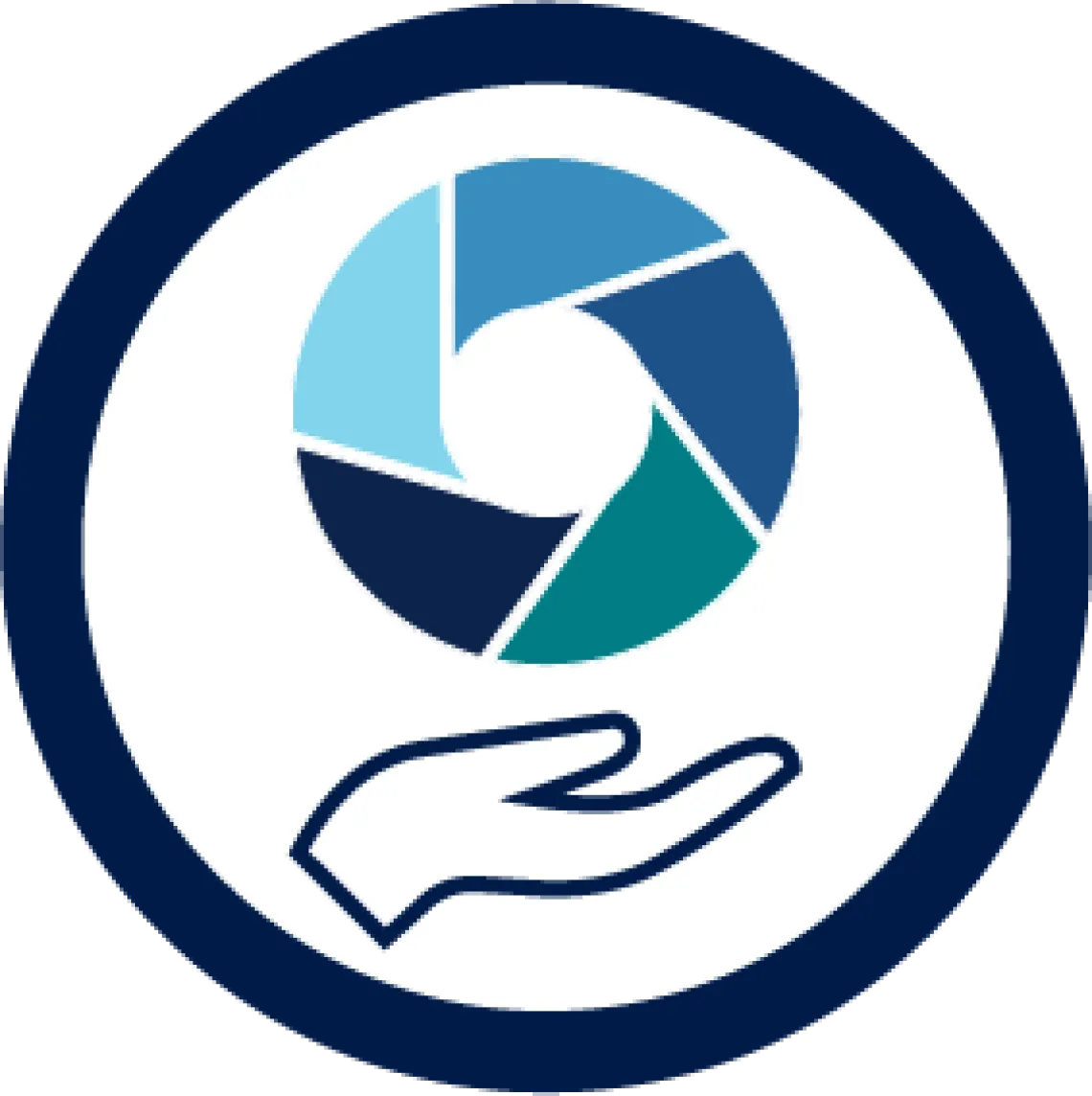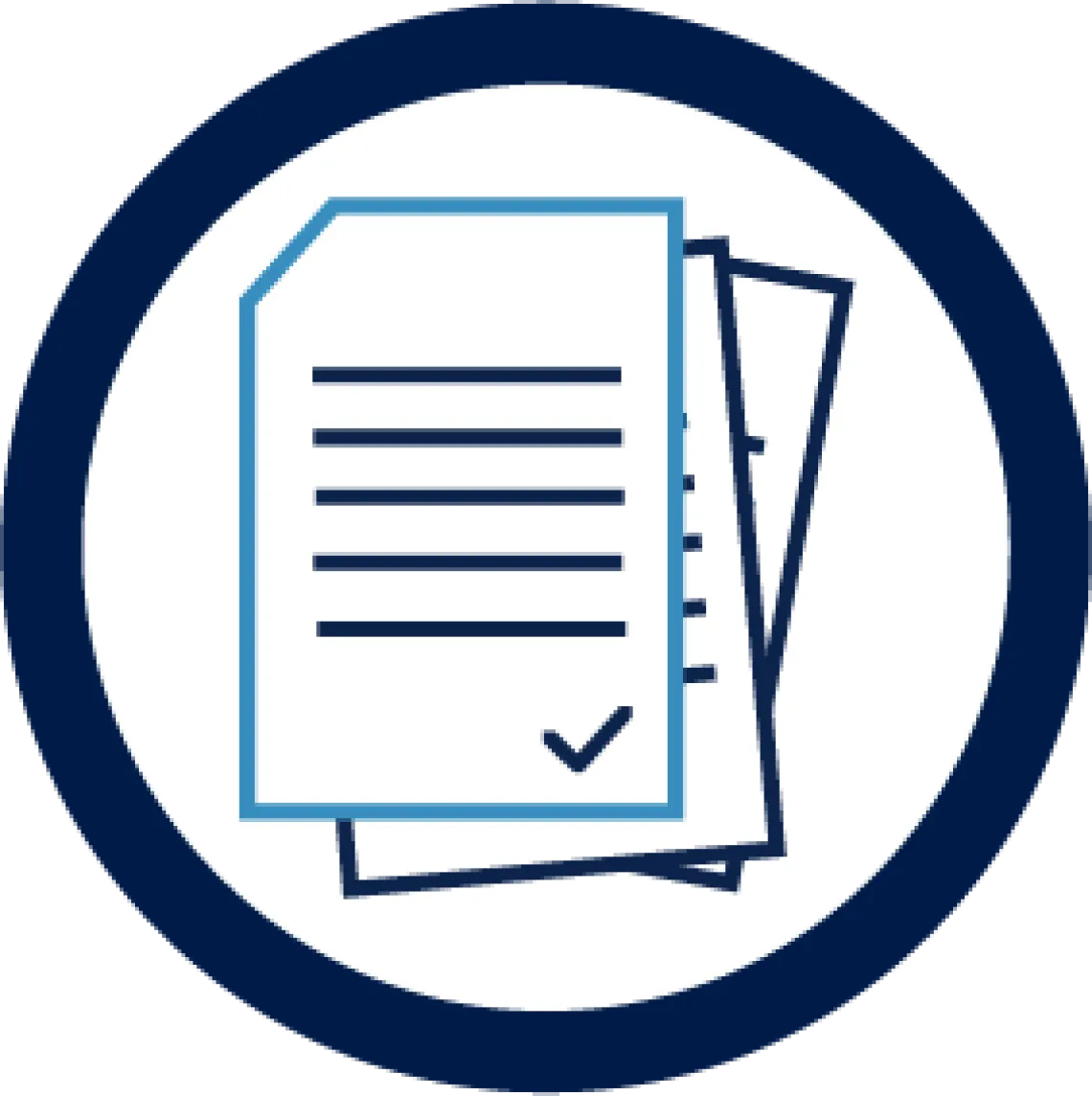- The HR generalist team, led by a Senior HR Partner, will provide strategic guidance and systems support for the college or division. Learn how to contact your HR generalist team.
- Other HR subject matter experts, including recruiters, leave advisors, compensation analysts, benefit specialists, and more will provide area-specific direction, intelligence and tools.
Review progress of individual modernization priorities.
Modernized HR Categories of Support
Benefits
Wellness
Advising
Employee Records
Compensation
Talent Acquisition
HR Systems
Strategic Guidance
Learning and Development
Leaves
Project Goals Summary
Past State: Transactional and Siloed HR
- Inconsistent
- Varying HR processes and procedures across colleges/divisions
- Inconsistent oversight of HR functions across colleges/divisions
- Differences in HR professional service coverage across colleges/divisions
Disadvantages
- Higher risk and liability exposure
- Errors and rework
- Longer processing times
- Incongruent job responsibilities and increased workload
- Limited accountability for HR processes
- Unclear career paths for HR professionals
Future State: Modernized HR
- Unified
- Dedicated HR support team
- Holistic strategic support based on size and needs of each unit within colleges and divisions
- Establishing positive culture and workplace climate
- Managing employee experience throughout career relationship with the university
- Equipping supervisors to best do their jobs
- Streamlined HR processes, procedures and decision making
- Accountability across all HR functions
- Consistency of HR services across colleges/divisions
Advantages
- Lower risk and liability exposure
- Increased efficiencies in use of HR systems
- Improved processing times
- Continuity of HR operations and services
- Clear career paths for HR professionals
- Better employee experiences
Phases of HR Modernization
Phase | Initiatives | Milestones |
|---|---|---|
Phase 1: Realign Jan. 29-March 4, 2024 | Integrate Human Resources Professionals Address Organizational Needs Maintain Continuity of Current Processes | Feb. 5-28, 2024 Senior HR Partners will notify employees serving in HR roles and their direct supervisors about their new reporting line to the Division of Human Resources. By March 4, 2024 Reporting lines and the home department for HR professionals will officially move to the Division of Human Resources. Colleges and divisions currently without an HR support team will be contacted by their Senior HR Partner and introduced to their support team. |
Phase 2: Refine March 4-June 30, 2024 | Onboard Identify Localized Processes Implement Talent Acquisition Model Establish Leaves Management System | March 4-29, 2024 Orientation and training for those newly integrated into the Division of Human Resources. June 30, 2024 Establish leaves management. Refine practices for Talent job postings and UAccess transactions. Create a road map to unify HR processes and assignments. |
Phase 3: Recalibrate July 1, 2024-June 30, 2025 | Evaluate Talent Fully Integrate Processes Internal Human Resources Assessment | Dec. 23, 2024 Finalize career architecture and mapping of HR positions. March 4, 2025 Engage in continuous improvement process conversations with colleges and divisions. June 30, 2025 Incorporate feedback and finalize updates to HR processes, procedures and decision making. Share transformation progress with colleges and divisions. |
Continued Recalibration July 1, 2025-Beyond | New - March 14, 2025 Based on internal discovery processes from previous phases, in addition to business environmental factors, the initiatives in Phase 3: Recalibrate will extend beyond June 30, 2025, to allow the project to responsibly address the following: HR staffing alignment College and division needs adaptation Business environment navigation Technology capacity accommodation | Same as phase 3. |
Frequently Asked Questions
By the end of Phase 3, HR support teams will provide the following services to all colleges and divisions.
Strategic guidance:
- Talent acquisition
- Compensation
- Performance management
- Organizational culture
- Employee engagement
- Strategic workforce planning
- Change management
- Leaves of absence management
- HR policies and procedures
- Employee data management
- Benefits employee wellness
- Retirement
Review current progress of individual modernization activities.
Goals of a modernized management system for employee leaves of absence include:
Dedicated Leaves Management
Human Resources will serve as the contact for employees requesting leaves of absence.
Automate Employee Leave Requests
Employees will request leaves of absence in UAccess Employee. Human Resources will electronically route and store Family & Medical Leave paperwork.
Manage Leave Processes from Start to End
Human Resources will determine eligibility, manage deadlines, ensure leave tracking and conduct employee follow-up.
Ensure Compliance with Regulations
Human Resources will monitor and ensure compliance with federal and state leave laws.
Review current progress of individual modernization activities.
Goals of a modernized talent acquisition system include:
Dedicated Talent Systems Operations
The HR support teams will create and manage all position postings, which will reduce duplicate review of talent acquisition transactions and approval wait time for postings and offer letters.
Establish Talent Acquisition Advisers
Talent acquisition advisers will provide strategic guidance on recruitment strategy, applicant management, and use of the application tracking system.
Enhance Compliance
Human Resources will monitor and ensure compliance with federal and state employment laws (e.g., Equal Employment Opportunity, requirements as a federally contracted institution, and other regulatory requirements).
Strengthen Communication with Applicants
Talent acquisition advisers will work closely with HR support teams and hiring managers to promote timely communication of applicant statuses and search progress.
Review current progress of individual modernization activities.
The current modernization process was launched with the integration of university HR professionals into the Division of Human Resources as part the university's financial action plan. However, it is a successor of a partnership project that had been in the works over the past few years between Human Resources and some colleges and divisions.
HR modernization aims to reduce university costs through increased efficiency and eliminating rework.
Modernization will:
- Provide a more consistent experience university-wide.
- Streamline decision-making.
- Enhance knowledge-sharing among HR teams and to colleges and divisions.
- Mitigate institutional risks.
- Optimize procurement practices.
Review current progress of individual modernization activities.

